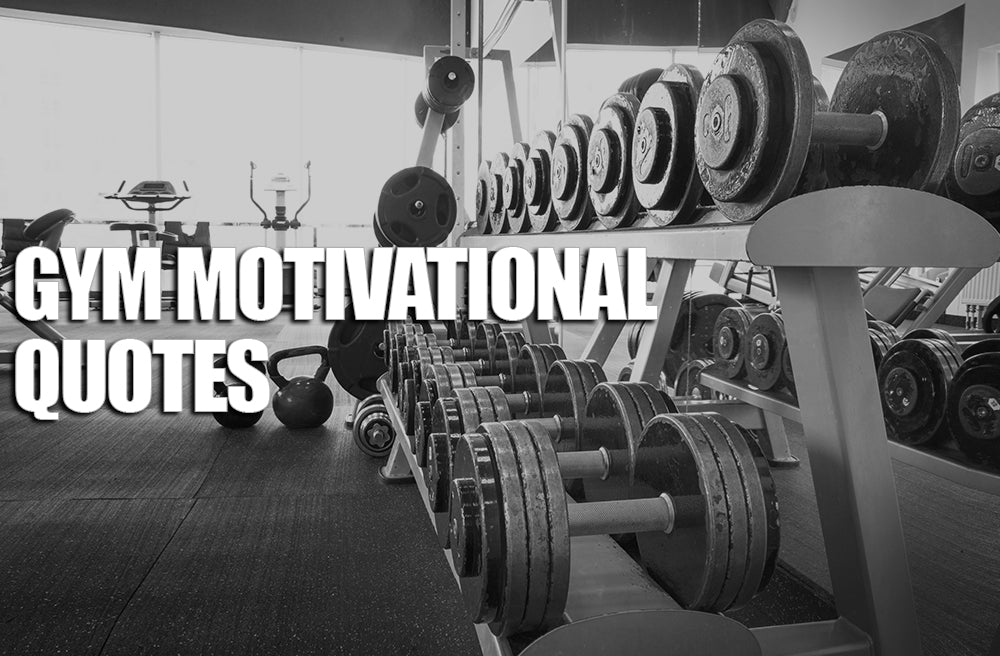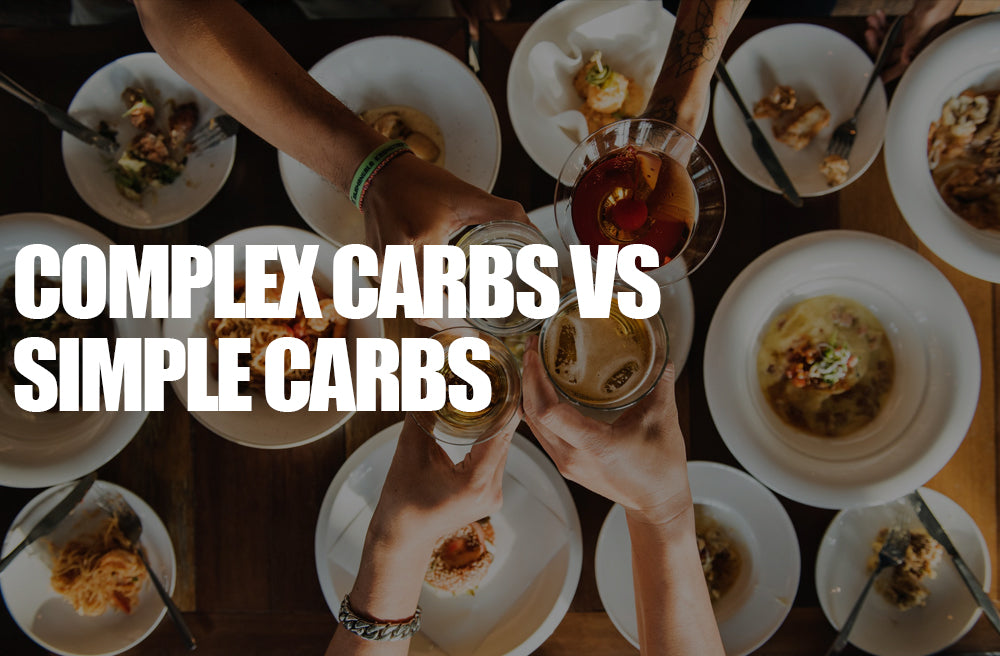Is the Anabolic Window Real?
June 11, 2018

What is the anabolic window and is it real?
Have you heard of the window of gains, most commonly referred to the anabolic window? It’s supposed to be this very specific time frame after you workout when your body is prepared to absorb all the nutrients you consume. The time frame varies all the time, which makes us wonder, is it real? This time can range anywhere from immediately after your workout, to 30 minutes to 2 hours. Truth is the anabolic window doesn’t really exist for protein consumption, it can actually last as long as 4-6 hours post workout.
This changes the conversation completely from previously being that you have to eat all the chicken and peanut butter you possibly can otherwise you will dry out and lose all your gains from catabolism.
It is still important to get the proper nutrients after your workout, but you are not missing a chance to grow from not eating immediately after your last lift.
Research Evolves
Early research used subjects that were fasting to observe nutrient timing on adaptations in strength, muscle growth, and overall body composition. Fasting naturally puts your body in a catabolic state, hence the recommendation of eating right after your workout. Unless you are training first thing in the morning on an empty stomach, you shouldn’t worry too much about having to eat immediately after your workout.
Consuming approximately 20 grams of protein as part of your pre-workout meal can elevate the shuttling of amino acids to your muscles for up to two – three hours after your workout. You can pretty much go 2 hours without eating after training and still use the amino acids from your pre-workout meal to promote recovery and muscle growth. Who knows, research may change again in the next 5 to ten years.
How Much Time Do I Really Have?
There is no hard evidence with proper factors to let us know what might be ideal. In general, you should probably have a meal rich in protein and carbohydrates within 30-60 minutes after your done training. Depending on your type of training, your goals, and how your body reacts to nutrients, in average your body is still absorbing amino acids from your previous meal up to 2-3 hours post-workout. You do want to be timing the consumption of carbohydrates post-workout.
Eating for Athletic Performance
Should you ditch your post-workout protein shake? NOT SO QUICK! Needs and goals of inexperienced athletes are completely different from those that are experienced. But we should still be consuming our protein shake like Iso-Wurx, and making sure we are eating carbohydrates in order to replenish glycogen levels. Even though we have a greater window when it comes to consuming protein post workout, we should be consuming carbohydrates as soon as we can afterwards, timing carbs can restore your glycogen levels and even improve your overall athletic performance. Timing carbs can make a difference in growth in muscle mass, but remember quality matters. You should probably be eating starchy carbohydrates, like a variety of vegetables, instead of eating rice crispy bars. Consuming carbs right away can optimize glycogen stores in the muscles, instead of storing fat.
Fine Tuning
There are a bunch of other things we can optimize before even worrying too much about timing for post workout nutrition. Post workout nutrition is definitely important, so let’s dive into a few other things to that need to get in check too.
Are you under-eating? Look at your plate, most of the time we aren’t eating enough. You have a full green light post-workout to eat a huge meal rich in carbs. You can eat pretty much whatever you want, that is whole foods, not processed, and high in nutrients, minus the fat. Most of us misuse the chance to eat more during this time, which makes no sense, especially if your goals are to increase growth and strength. EAT MORE.
What are you eating after training? You should be eating mainly carbohydrates and protein. This is a chance when you can eat carbs, and the meal won’t make you fat. Ideally the carbs you want to be eating are whole grains like rice and oats, and starchy vegetables like potatoes. Packing at least half of your plate with these carbohydrates is extremely important. The other half should be filled with high quality protein. All these nutrients will shuttle right into your muscles, rather than getting stored as fat. Eating these macronutrients stimulates recovery and growth, helping your muscle mass and strength goals. HIGH QUALITY FOOD MATTERS.
In Conclusion
Your post-workout meal is only one meal a day out of many. Make sure you are eating a balanced diet before you even worry about post workout timing and proportions. Overall daily intake of protein is important to enhance performance and improve recovery. Post workout shake is definitely important, but if you want to time anything, it should be carbohydrates. Post workout nutrition is part of the answer for gains, but it’s not the only solution.
Results may vary. These statements have not been evaluated by the Food and Drug Administration. This product is not intended to diagnose, treat, cure, or prevent any disease.
References:
-Brad Schoenfeld, et al. "The effect of protein timing on muscle strength and hypertrophy: a meta-analysis." Journal of the International Society of Sports Nutrition 2013. 10:53. doi:10.1186/1550-2783-10-53.
-Wilson, J. and Wilson, G. Contemporary issues in protein requirements and consumption for resistance trained athletes. Journal of the International Society of Sports Nutrition, 2006.
-Schwartz, R. S., Ravussin, E., Massari, M., O'Connell, M., & Robbins, D. C. (1985). The thermic effect of carbohydrate versus fat feeding in man. Metabolism, 34(3), 285-293.
-Tipton, K. D., Rasmussen, B. B., Miller, S. L., Wolf, S. E., Owens-Stovall, S. K., Petrini, B. E., & ---Wolfe, R. R. (2001). Timing of amino acid-carbohydrate ingestion alters anabolic response of muscle to resistance exercise. American Journal of Physiology-Endocrinology and Metabolism, 281(2), E197-E206.
-Roy et al. (1998). Influence of differing macronutrient intakes on muscle glycogen resynthesis after resistance exercise. JAP. 84(3): 890-896.
Leave a comment
Comments will be approved before showing up.





